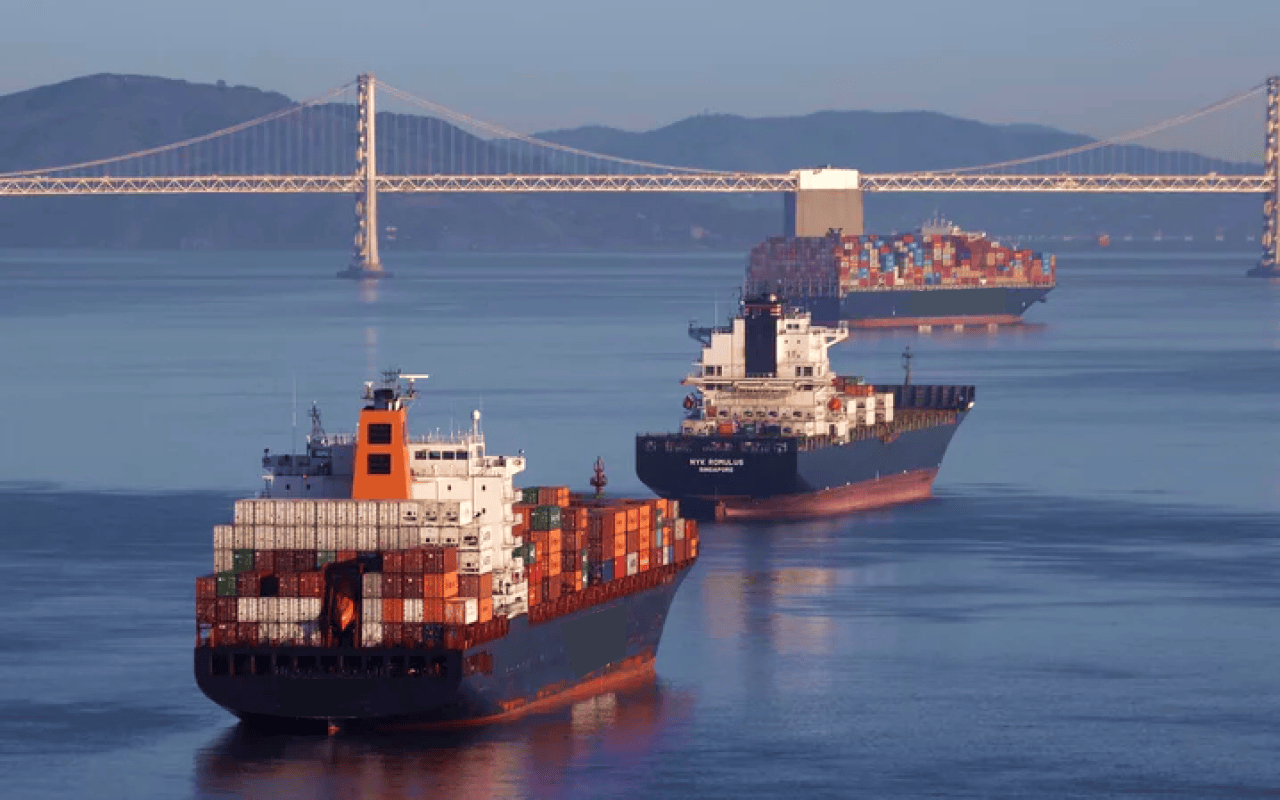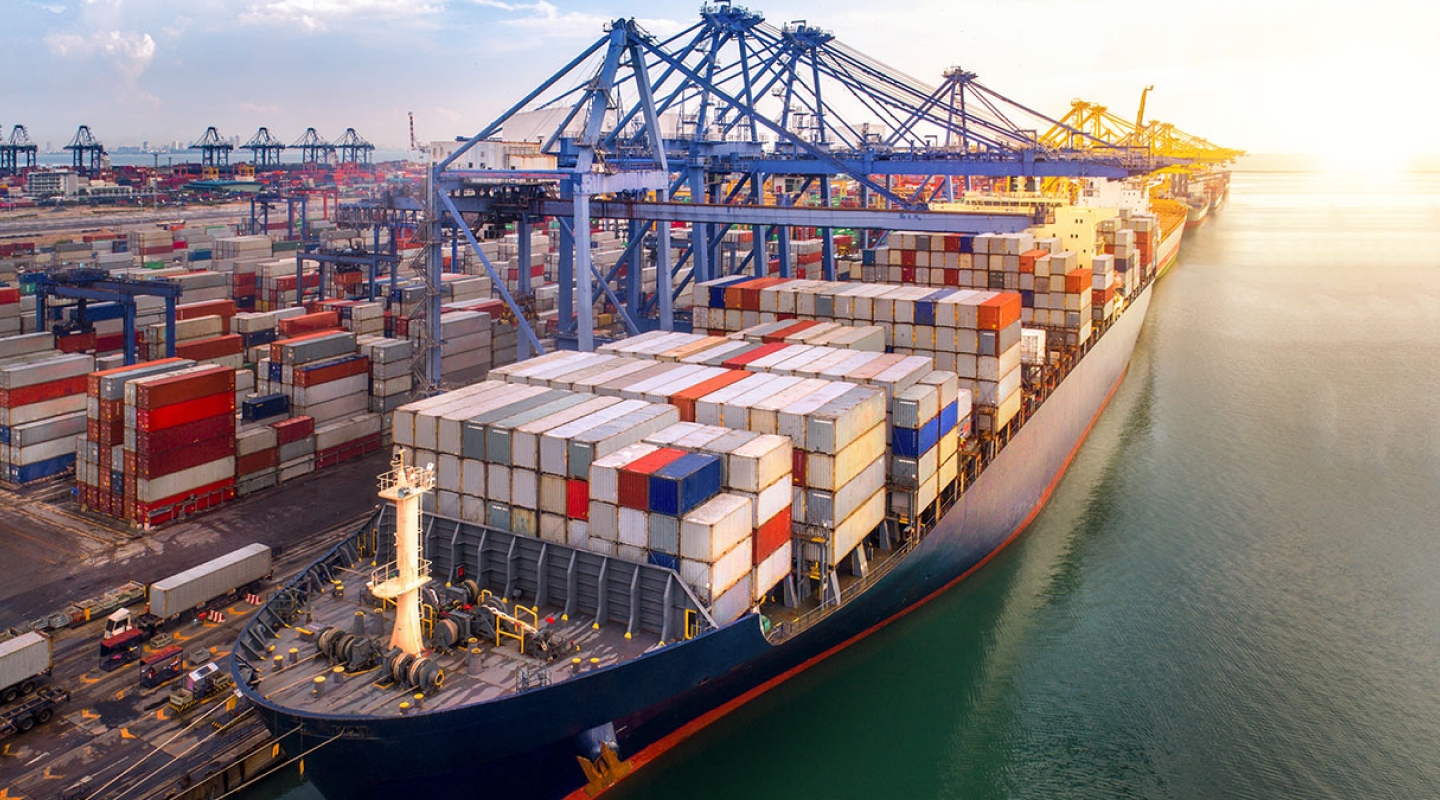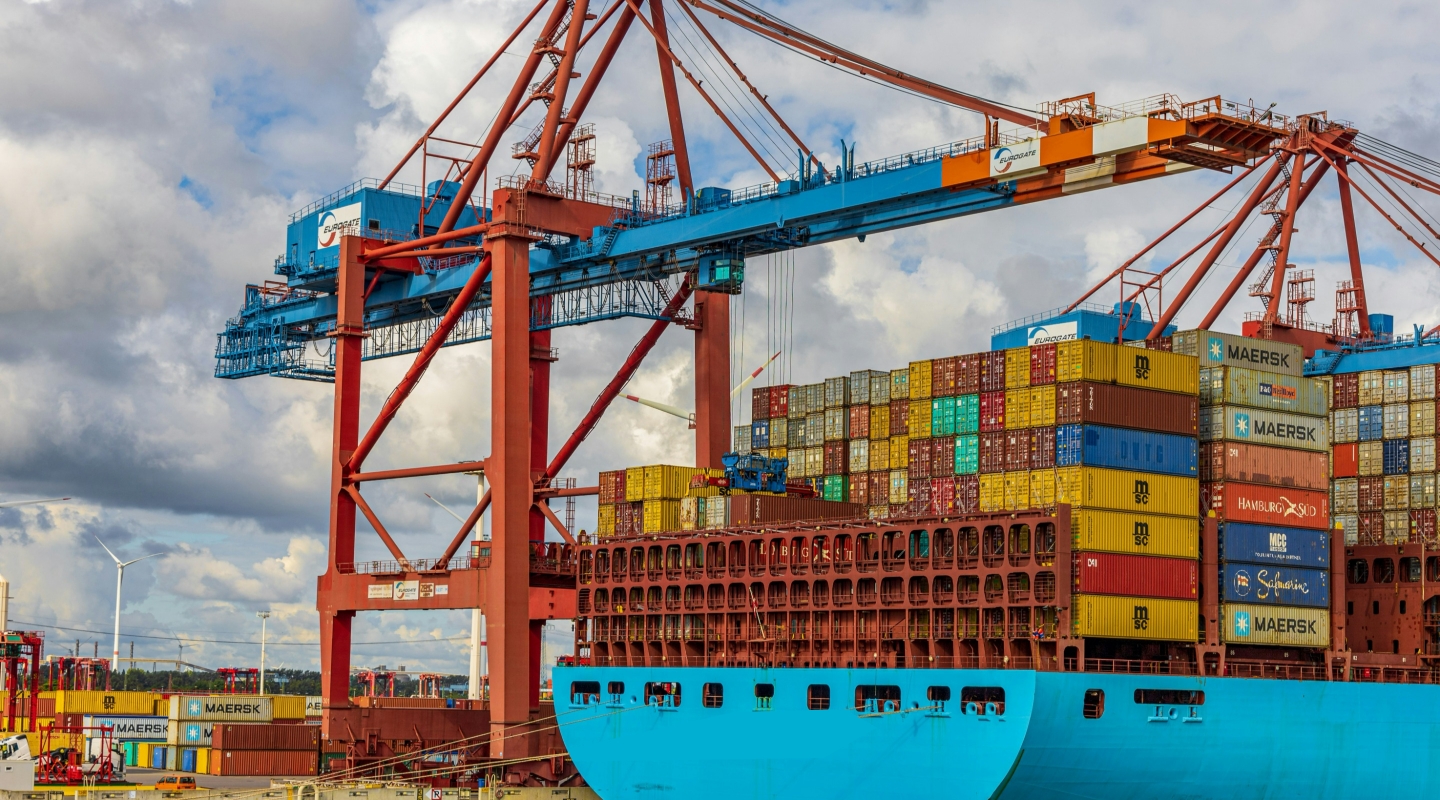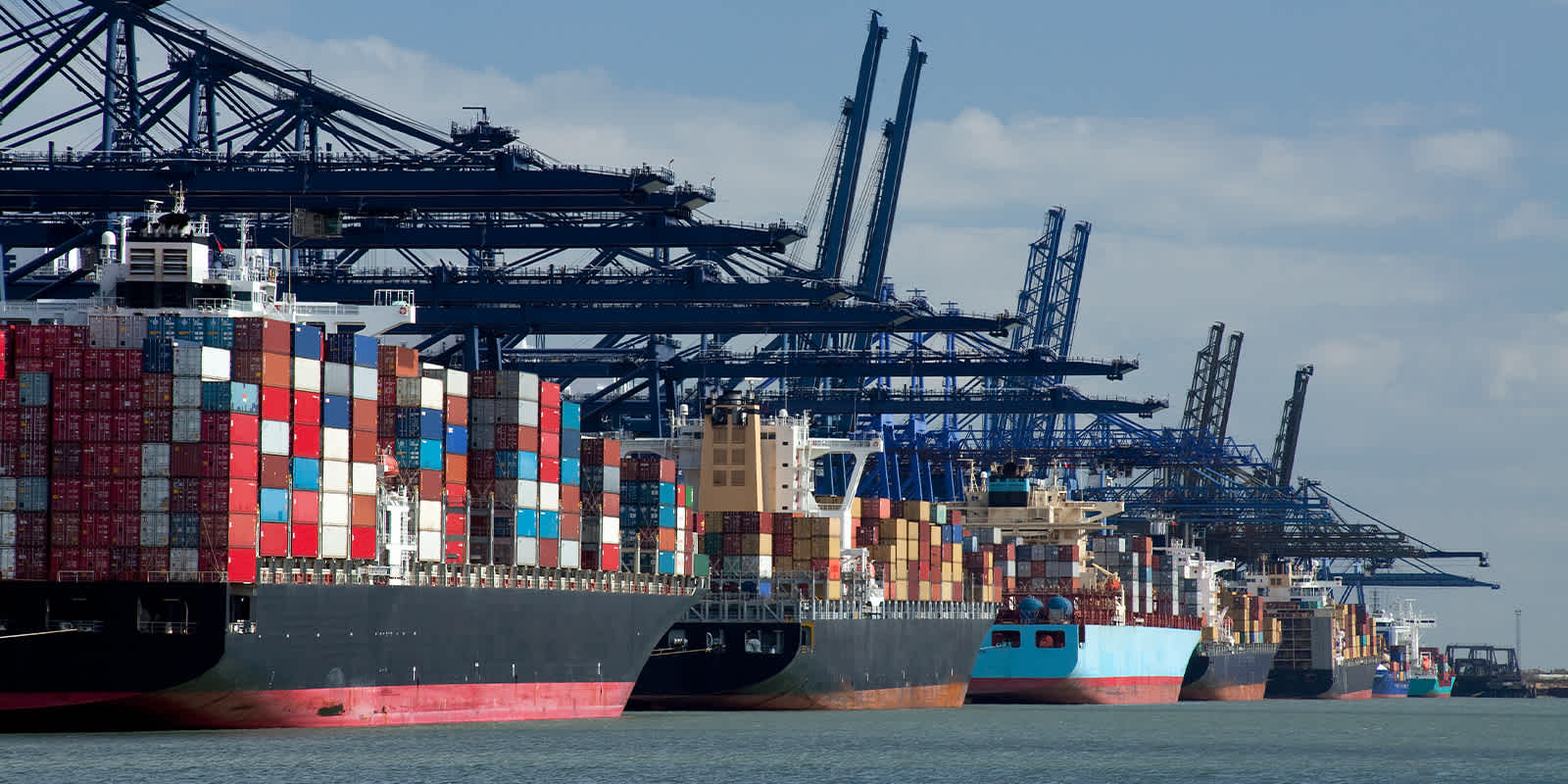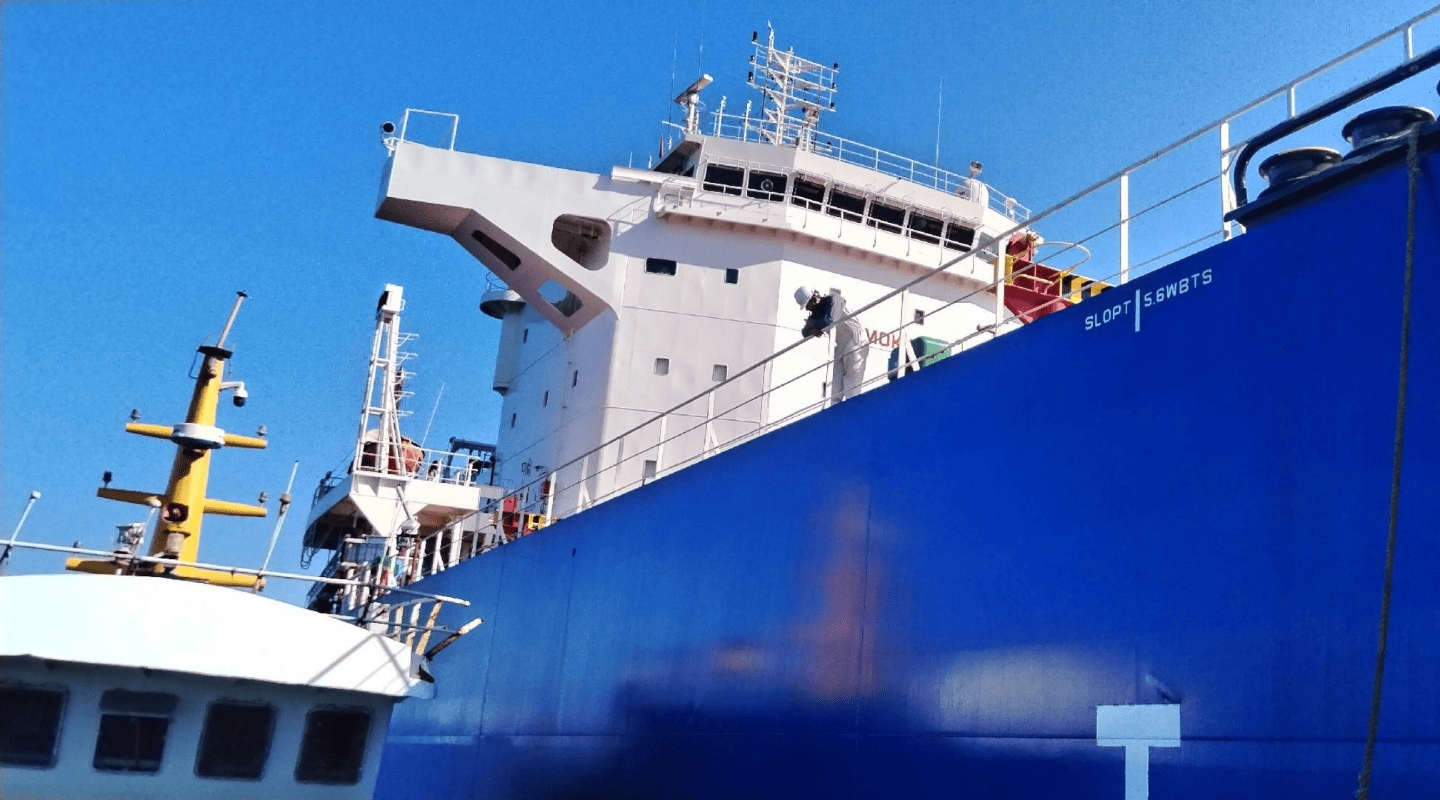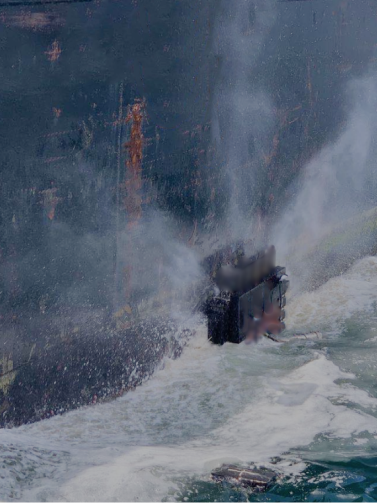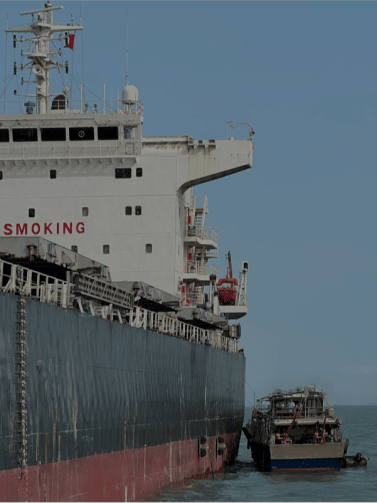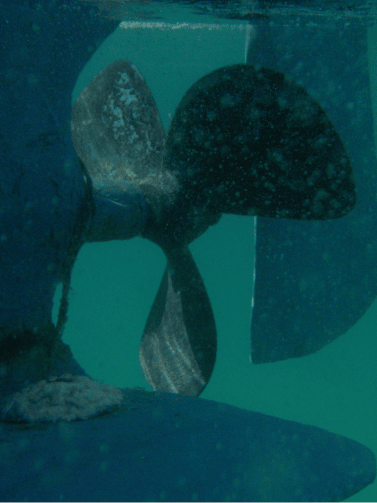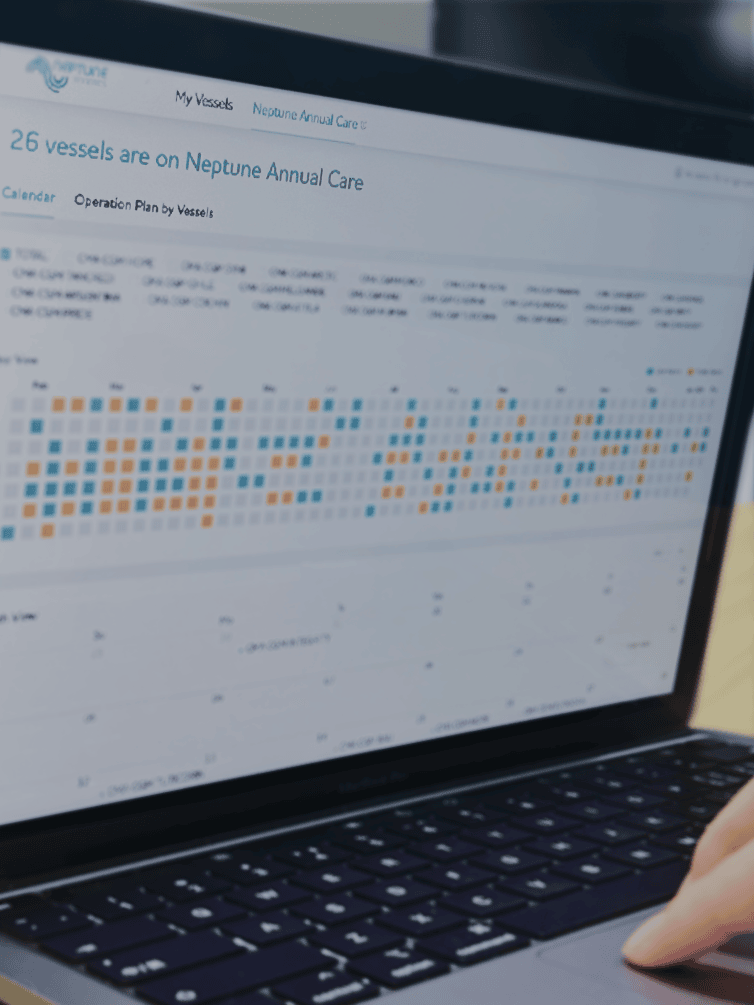Currently, the global shipping industry is facing a severe situation of “slowing international trade and global economic growth, declining container freight rates, and a large number of new ships being delivered.”
A large number of ships have accumulated capacity, demand has significantly declined, and freight rates are dropping too quickly. This indicates that the Sword of Damocles of a price war is hanging over the heads of all shipping companies.
At the same time, shipping companies are also bearing the enormous costs of fuel transformation and fleet renewal under the shipping decarbonization targets.
01-Price war on the verge of breaking outCompanies with less money will be dragged down
Under heavy pressure, shipping companies have been idling ships and returning chartered ships to avoid overcapacity. Data shows that the container shipping industry has idled about 7% of global capacity. However, due to the shrinking demand faster than most people’s expectations, the shipping industry has no choice but to return to the old path of price competition.
Considering the shipping companies have made a fortune in the past two years and are well-prepared for the battle, the intense price competition can easily continue and intensify.
02-Low freight rates + decarbonization costsThe industry’s winter continues
At the recently concluded TPM conference, shipping companies, cargo owners, and freight forwarders were probing each other’s negotiation bottom lines. Currently, the long-term freight rates obtained by large shipping companies are about one-third lower than last year’s contracts. Many cargo owners state that they are now securing even lower freight rates.
In February , Nixon said at the TPM 2023 conference in Long Beach that international regulations or carbon taxes need to be implemented, and some carriers should not be allowed to continue using cheaper fossil fuels.
With the global economic downturn, low market freight rates, decarbonization costs, and increasingly fierce price competition, this winter for the shipping industry may be exceptionally long and cold.
03-Decarbonization path determines competitive advantageThe price war is also a cost war
Although the increased costs can be transferred to cargo owners and society, for shipping companies, the increase in shipping costs already implies their own competitiveness.
Therefore, choosing the appropriate decarbonization path and striving for cost advantages has become a top priority for global shipping companies. The upcoming “price war” is also a battle for cost, survival, and competition among shipping companies. To remain undefeated, the first thing to do is to actively control costs.
For an 8,000 TEU container ship, 55%-65% of its operating costs come from fuel. The cost of alternative fuels is 2-5 times the cost of fossil fuels, and if the shipping industry widely adopts green fuels, costs will further increase significantly.
To save fuel and reduce carbon emissions, more and more shipping companies are choosing to remove hull fouling to reduce drag. Especially underwater robot hull cleaning services: ships can be cleaned underwater without dry docking, while they are anchored or docked.
Neptune Robot’s underwater hull inspection and cleaning efficiently remove biofouling and dirt layers, operate in all weather conditions, and do not damage the ship’s paint. The service covers ports and anchorages in North, East, and South China regions, and has served hundreds of large ships, earning customer recognition.
Huang Xiaowen, Deputy General Manager of COSCO Shipping Group, once said, “The global market, oil prices, and customer characteristics are all the same; what differs is your cash flow or the vitality of your operations.”
In the face of market changes, companies that continue to save fuel and reduce costs will be better able to withstand longer and heavier market downturns and have the ability to seize new development opportunities.
